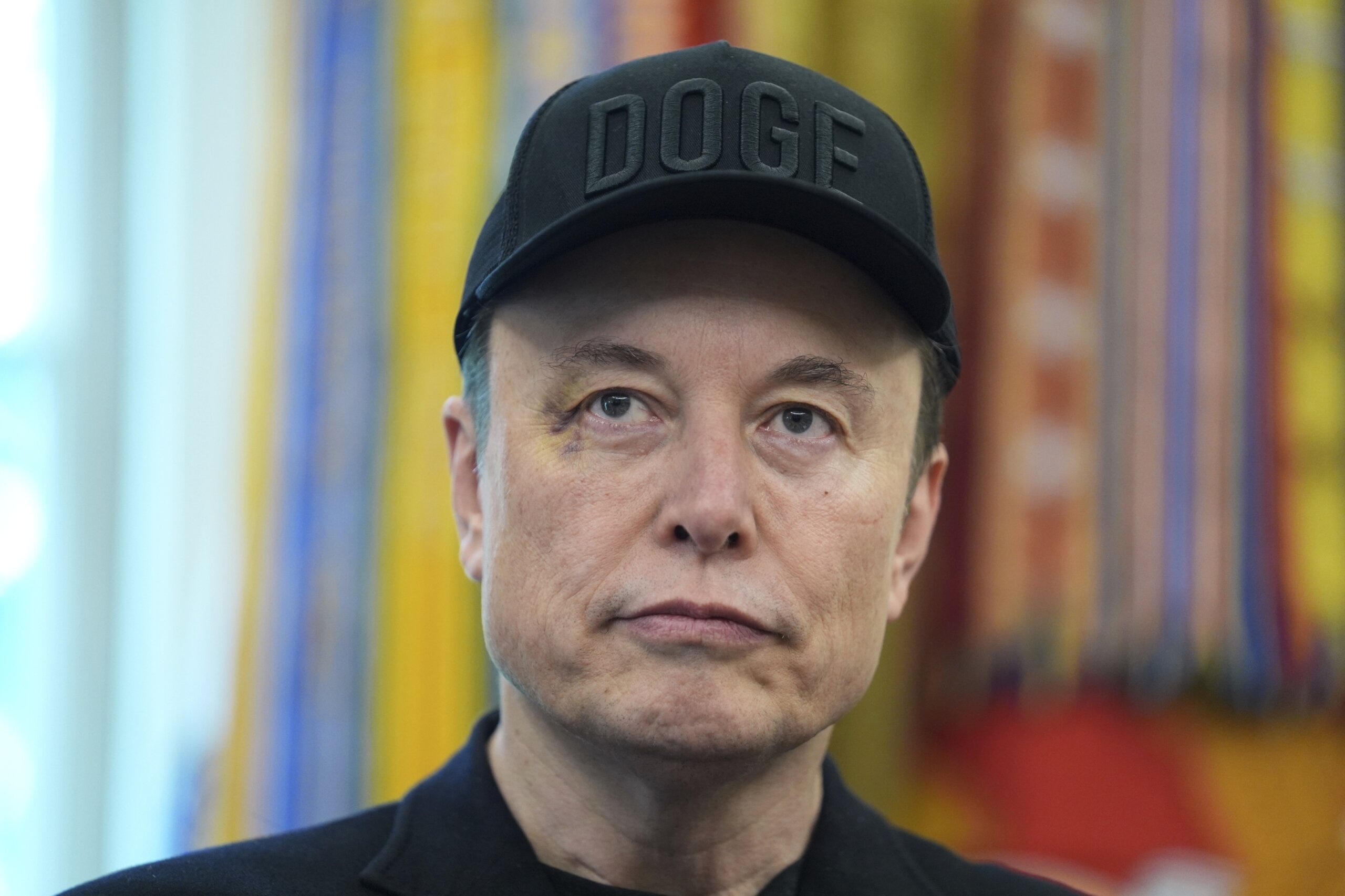Elon Musk’s Companies Sue Industry Giants Over Alleged Preferential AI App Treatment on Smartphone

Elon Musk’s Companies Take Legal Action Over Alleged Preferential AI App Treatment
In a notable legal development, Elon Musk’s technology ventures recently initiated a lawsuit targeting two major players in the tech industry, accusing them of orchestrating an unfair advantage for a prominent AI assistant on a widely used smartphone platform.
The complaint centers on claims that this AI assistant has been designated as the default choice within the smartphone’s integrated intelligence system, effectively discouraging users from seeking or installing alternative applications. This preferential status, according to the plaintiffs, undermines equal marketplace access and innovation for competing AI developers.
Furthermore, the lawsuit raises concerns over systematic efforts to reduce visibility and accessibility for other AI tools within the platform’s app ecosystem. The plaintiffs allege these actions create significant barriers for rival applications to gain user traction, adversely affecting competition and user choice.
Legal Claims and Financial Stakes
The entities led by Elon Musk are pursuing judicial intervention to halt what they describe as a monopolistic alliance that could reshape the industry’s competitive landscape. They are seeking substantial monetary damages, quantified in the billions, reflecting the gravity with which they view the alleged partnership's impact on the market.
The suit portrays the situation as a strategic collaboration between two influential technology companies aiming to consolidate dominance in a field of rapidly advancing artificial intelligence technologies. This, they argue, presents a barrier not only to fair competition but also to consumer autonomy and the innovation ecosystem.
In response, one of the accused parties characterized the legal action as consistent with a pattern of contentious behavior by the plaintiffs’ leadership, implying that the lawsuit represents continued attempts to challenge competitors through litigation rather than technological or market innovation.
Contextualizing the Dispute within the AI Ecosystem
This legal confrontation occurs amid an era of accelerated AI integration into everyday devices, where control over AI capabilities embedded directly into operating systems may heavily influence user experience and market dynamics. Assigning default AI assistants can sway millions of users’ habits, effectively shaping the competitive landscape.
The complainants emphasize that the integration of the AI assistant in question occurred as part of a broader partnership unveiled less than two years ago, which introduced customizable generative AI tools to enhance smartphone capabilities. However, the plaintiffs assert that this integration resulted in a user experience that hinders visibility and engagement with alternative AI applications, including their own offerings.
Allegations also highlight that the data collected through this exclusive integration offers the favored AI provider an unequal advantage in refining their product’s capabilities, creating a feedback loop detrimental to competitors seeking to enter or expand in the market.
Implications for Competition and Consumer Choice
The issues raised in this lawsuit touch upon fundamental questions concerning fair competition in digital marketplaces and how platform owners manage their ecosystems. Default settings and app rankings can profoundly affect which technologies thrive, presenting regulatory and ethical considerations regarding neutrality and openness.
Ensuring a level playing field for AI applications is critical, especially as these technologies grow increasingly central to communication, information retrieval, and digital assistance worldwide. The outcome of this legal dispute may set precedents influencing not only these companies but also broader industry practices.
With allegations pointing toward a partnership perceived as restricting rival products’ access to consumers, resolution of this matter could reshape policies around app ecosystem governance and AI service integration in dominant platforms.
